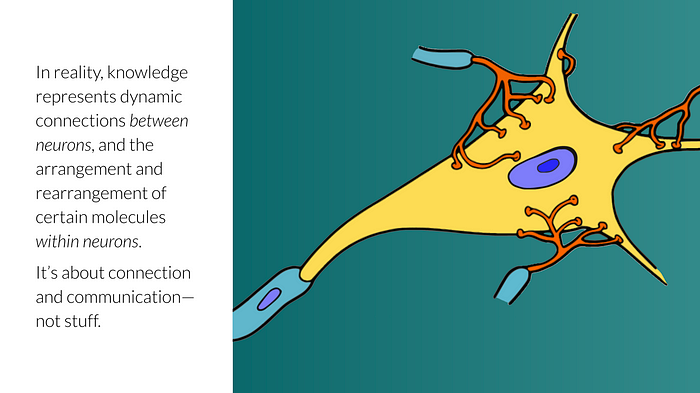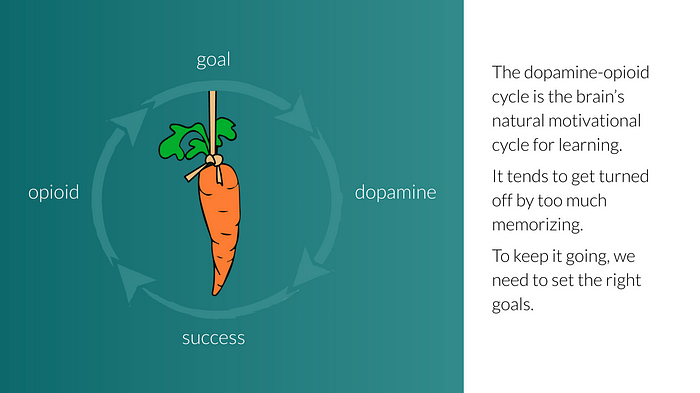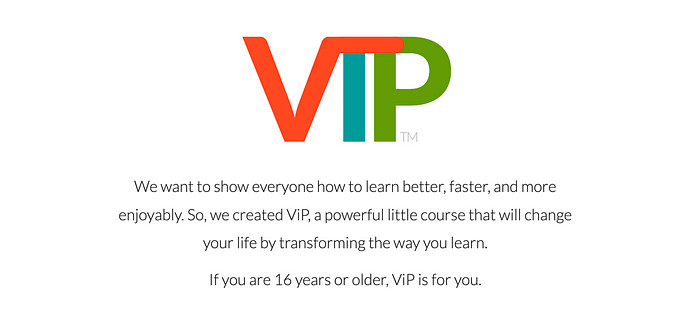
VCoL in action: Learning the way our brains are designed to learn
Our brains are exquisitely designed to support a particular kind of learning—one in which knowledge, understanding, and skill are co-constructed in a spiraling dance that’s spurred on by our inborn motivational system.
See our growing collection of free good-in-a-crisis micro-VCoLs at LecticaLive.
In this article, I explain how the brain is designed to learn and how VCoLs—especially micro-VCoLs™—leverage this design to optimize learning.

VCoL (the virtuous cycle of learning), is designed to optimize learning. It’s most effective when VCoLs are small, focused, relevant, and habitual. We call VCoLs with these characteristics micro-VCoLs.
What is a micro-VCoL?
Micro-VCoLs are frequently iterated learning cycles that are embedded in everyday activities. Like any VCoL, they involve setting a learning goal, gathering information, applying information, and reflecting on outcomes (preferably with input from others). But in the case of the micro-VCoL, the focus is on the smaller skills (micro-skills) that make up more complex sets of skills.
We’re born doing an unconscious version of micro-VCoLing, and some of us never stop. Lectica’s micro-VCoL process is a more conscious version. In adolescence and adulthood, conscious micro-VCoLing is more effective than unconscious micro-VCoLing, partly because keeping it conscious gives us some control over our unconscious inborn cognitive biases.
But that’s a topic for a future article. This article is about how micro-VCoLs leverage the brain’s learning architecture. Let’s begin by considering the nature of knowledge and learning.
How learning works

Despite the fact that learning scientists have known for at least100 years that the brain isn’t a container, most schools around the world treat knowledge as if it is stuff.
VCoLs never treat knowledge like stuff.

There is now broad agreement that learning is about making connections, and that these connections are strengthened most effectively when we repeatedly apply knowledge and skills in the real world.
Micro-VCoLs are all about making connections through repeated application of knowledge and skills in diverse real-world contexts.

But as important as application is, it’s only part of the story. Each application of knowledge or skill benefits from some form of reflection on its outcome.
Micro-VCoLs always follow applications of knowledge or skill with brief conscious reflections. These reflections provide an opportunity for our conscious brains to optimize what we learn from an application, and decide how we want to remember the experience.
The connectome
The connectome is a relatively recent addition to our knowledge about learning. As shown in the image below (where strands represent connections), what we learn is often connected across different parts of the brain.

Brains that are highly interconnected perform better on a wide range of tasks than brains that are less interconnected.
Other recent findings from neuroscience suggest that all conscious experience, including emotional experience, is fundamentally cognitive (LeDoux & Brown, 2017). This research, along with connectome research, contradicts the popular notion that emotion and cognition are fundamentally different.
Micro-VCoLs, which are always practiced in real-world contexts and often involve interacting with others, ensure that every learning moment calls on multiple parts of the brain. Moreover, because they are practiced frequently in diverse contexts, they ensure that skills and knowledge become transferable and agile.
The dopamine-opioid cycle
Our brains are equipped with a motivational mechanism called the dopamine-opioid cycle. If you’ve been following the current opioid epidemic, you’ve probably heard about this cycle, which is notorious for its role in addiction. Unfortunately, it is less well known for what may be its primary function — motivating learning.

The dopamine-opioid cycle keeps us moving forward — even when learning poses painful challenges. It’s why we all learn to walk, despite numerous trips and dips along the way. If the dopamine-opioid cycle isn’t derailed by formal education, people can remain addicted to learning for a lifetime.
Micro-VCoLs leverage the dopamine-opioid cycle by targeting skills that are in an individual learner’s Goldilocks zone, then showing the learner how to continuously increase the learning challenge as they cycle through the four steps of the VCoL process.
It’s a bit of a challenge to (re)learn how to micro-VCoL as an adult, but for those who take up the challenge, micro-VCoLing not only ushers in a faster and more satisfying way of learning, it opens a greater depth of awareness. For some, it’s like seeing the world through a whole new lens.
References
Baggio, H. C., Segura, B., Junque, C., de Reus, M. A., Sala-Llonch, R., & Van den Heuvel, M. P. (2015). Rich club organization and cognitive performance in healthy older participants. Journal of Cognitive Neuroscience, 27, 1801–1810.
Crossleya, N. A., Mechelli, A., Vértes, P. E., Winton-Brown, T. T., Patel, A. X., Ginestet, C. E., . . . Bullmore, E. T. (2013). Cognitive relevance of the community structure of the human brain functional coactivation network. Proceedings of the Nationa Academy of Sciences of the United States of America, 110.
LeDoux, J. E., & Brown, R. (2017). A higher-order theory of emotional consciousness. Proc Natl Acad Sci U S A, 114(10), E2016-E2025. doi:10.1073/pnas.1619316114
Smith, K., Bastin, M. E., Cox, S. R., Valdés Hernández, M. C., Wiseman, S., Escudero, J., & Sudlow, C. (2019). Hierarchical complexity of the adult human structural connectome. Neuroimage, 191, 205–215. doi:10.1016/j.neuroimage.2019.02.028

